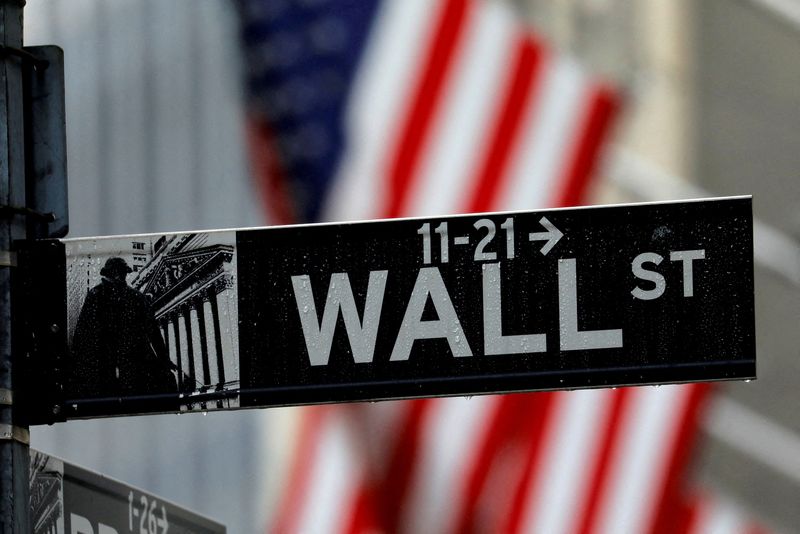 © Reuters
© Reuters
By Geoffrey Smith
Investing.com -- U.S. stock markets opened lower on Monday but were well off the lows posted overnight by futures contracts, as fears of a squeeze on global oil supplies receded a little.
U.S. Secretary of State Anthony Blinken had said on Sunday that the U.S. was actively talking with European allies about the possibility of imposing a full embargo on Russian oil, essentially putting 10% of world oil supply off limits and triggering a mad dash for alternative supplies.
However, German Chancellor Olaf Scholz said that his country wouldn't go along with any such initiative, arguing that there was no other way in the short term to guarantee European energy supply. Crude oil futures, which had surged as much as 17% overnight to a new 14-year high over $130 a barrel, fell back to trade below $120 a barrel by the opening on Wall Street. That's still a level that has in the past led to widespread demand destruction and an economic slowdown.
By 9:40 AM ET (1440 GMT), the Dow Jones Industrial Average was down 253 points, or 0.8%, at 33,362 points. The S&P 500 was down 0.4% and the Nasdaq Composite was effectively flat from Friday's close. All three had posted losses last week.
Sentiment was also improved at the margins by the first sign of Russia tempering its demands with regard to finding a way to peace. Reuters quoted a Kremlin spokesman as saying that what it calls a 'special military operation' could end immediately, even without the replacement of the current Ukrainian government. However, its remaining demands - that Ukraine embrace neutrality and recognize the Russian conquest of Crimea and the independence of two breakaway 'republics' - are still unacceptable to a Ukrainian government that has been emboldened by the successful defense of nearly all the country's major cities and increasing signs of dysfunction in the Russian military.
Among early movers, Bed Bath & Beyond stock (NASDAQ:BBBY) stood out with a 63% leap after news that Ryan Cohen, the founder of pet food company Chewy (NYSE:CHWY), had amassed a stake in the troubled retailer. Cohen has previously been welcomed as a savior for GameStop (NYSE:GME), another retailer trying to move beyond an outdated brick-and-mortar distribution model. However, GameStop stock has struggled to keep the momentum Cohen gave it last year, when an army of retail investors bought into what they perceived as his vision for the company. GameStop stock was down 0.6% in early trading and is down 25% so far this year.
However, for the most part, stocks continued to slide on fears of the economic damage that the rise in global commodity prices and economic boycotts will do, notably in Europe, a key market for many U.S. companies. Boeing (NYSE:BA) stock fell 0.8% after it said it will suspend purchases of titanium and titanium products from a joint venture that it has in Russia, a venture on which it relies for lightweight components for the aircraft such as the 787 Dreamliner. Problems in delivering the Dreamliner due to other production issues may have made that decision easier for the company.
Boeing was joined over the weekend by Netflix (NASDAQ:NFLX), American Express (NYSE:AXP) and accounting giants KPMG and PwC in pulling their products and services from Russia, while Visa (NYSE:V) and Mastercard (NYSE:MA) further reduced the services they will offer in the country. The exodus of western companies from IKEA to Ford has put an increasingly harsh spotlight on those who have chosen to continue operating normally there, such as McDonald’s (NYSE:MCD) and Coca-Cola (NYSE:KO).
Elsewhere, oil and gas companies continued to outperform on the prospect for windfall profits in the current quarter. Exxon Mobil (NYSE:XOM) stock rose 2.3% and Chevron (NYSE:CVX) stock rose 0.9%, while Occidental Petroleum (NYSE:OXY) stock rose 3.2% after news that Carl Icahn has exited his stake in the company, removing a long-standing stock overhang. The company is also enjoying inflows from Warren Buffett's Berkshire Hathaway (NYSE:BRKb).

